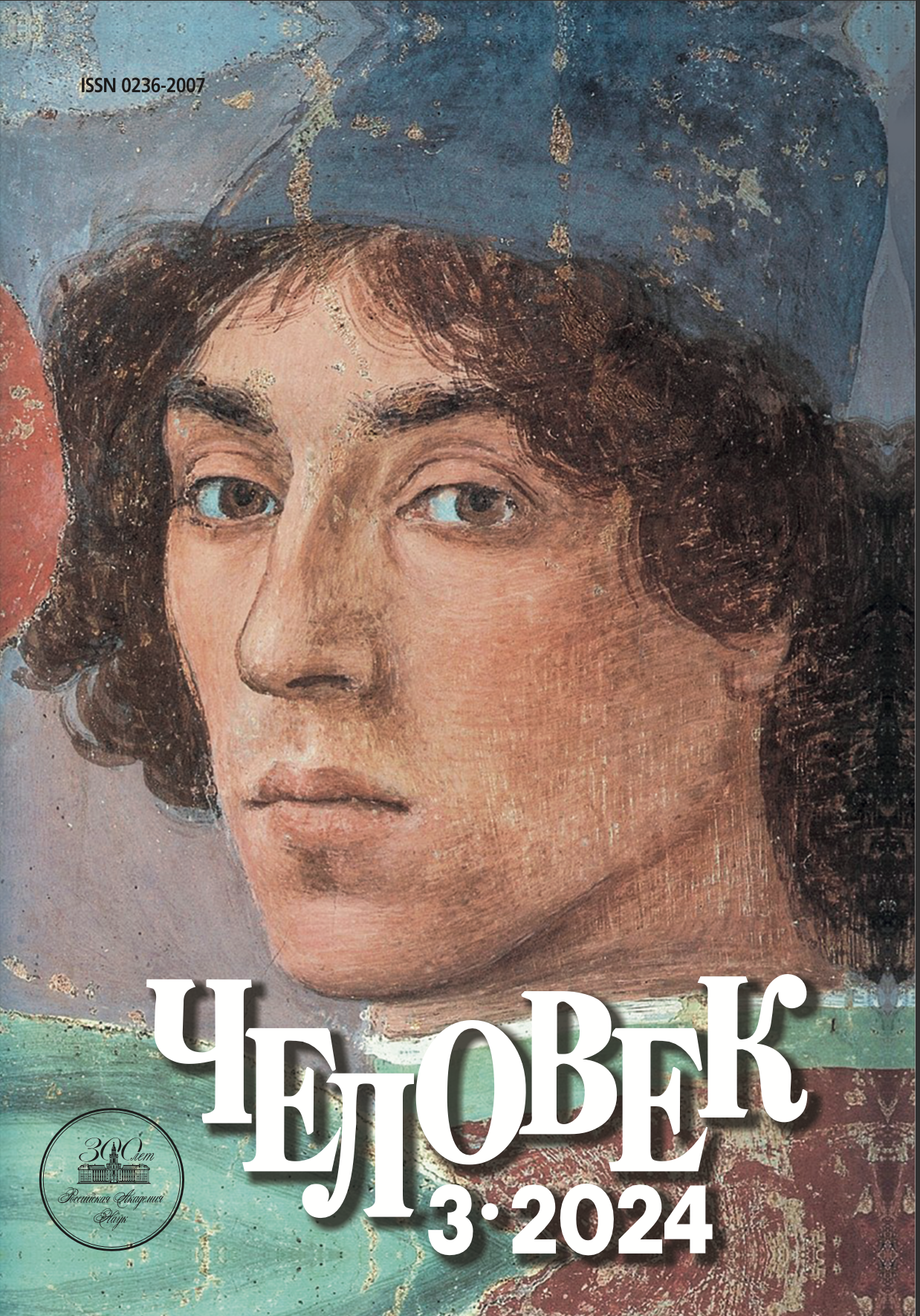The Birth of Hyperborea. Volynsky vs Blok
DOI:
https://doi.org/10.31857/S0236200724030117Keywords:
History of philosophy, Russian philosophy, Judaism, Indo-Europeans, Hyperborea, Silver Age of Russian culture, Akim Volynsky, Alexander Blok, Heinrich HeineAbstract
The article treats the historical discussion between A. L. Volynsky and A. A. Blok, which took place at several meetings of the editorial board of the publishing house “World Literature” in 1919. The reason for the discussion was Blok’s presentation on the translations of H. Heine where the poet discusses the fate of modern culture and the related problem of humanism. Blok understands humanism as a specific cultural and historical phenomenon, rooted in the Renaissance and asserting the perfect autonomy of the human person and total individualism. On the contrary, Volynsky considers humanism as a universal and timeless principle, as “the ideological core of every historical process.” The dispute soon spilled over into the field of comparative religion; its subject was Heine's Judaism and, more broadly, Judaism as one of the sources of Christianity. In the course of this discussion Volynsky’s concept of the Hamitic basis of the Christian faith, which was therefore devoid of monic monolithicity, was developed. This concept will form the basis of his book “The Hyperborean Hymn,” which will become the final chord of his creative life. This book will reconsider the then fashionable hypothesis about the Arctic origin of the Aryan civilization. According to Volynsky, Hyperborea was a real northern country. Its inhabitants were a single people, their whole life was determined by the principle of monism. Due to climate change, several thousand years ago the Hyperboreans were forced to leave their land. Scattered throughout the southern lands, they lost their original monism — all except the Semites, who retained the features of their ancient ancestors and monotheistic religion. In the spirit of Russian cosmism, the author prophesies about the coming era of the “new Apollo”— a man of holistic consciousness and universal intelligence who will live forever.






